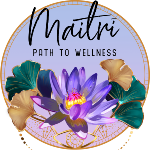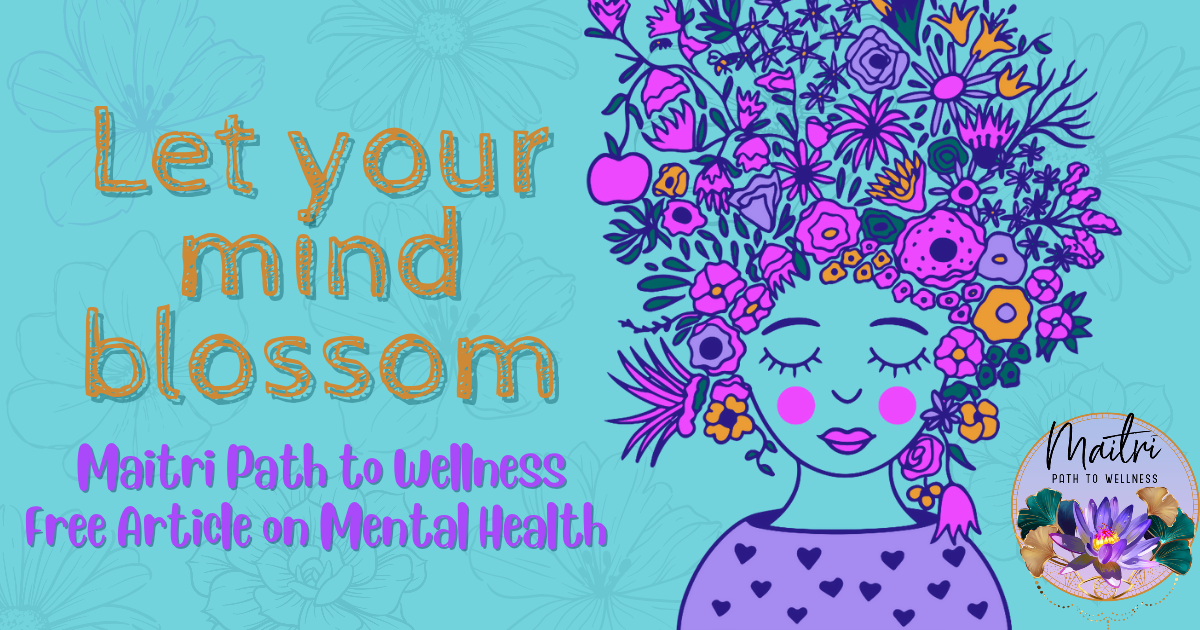Meditation is an ancient practice that has been used for centuries to help people reduce stress, find inner peace, and improve overall well-being. One of the most powerful techniques in meditation is mindful breathing, which involves taking deep, deliberate breaths while focusing on the sensation of the breath moving in and out of the body. In this article, we will explore the benefits of mindful breathing and how it can improve various aspects of our lives.
What is Mindful Breathing?
At its core, meditation is about being present in the moment and cultivating awareness, acceptance, and non-judgment. Mindful breathing is a technique that helps us achieve this by focusing our attention on the present moment and the physical sensation of breathing. By doing so, we can let go of distracting thoughts, worries, and emotions, and enter a state of calmness and relaxation.
The Benefits of Mindful Breathing
Mindful breathing has been shown to have numerous benefits for our physical and mental health, including:
Stress Reduction
Stress is a common problem that affects many people today. Chronic stress can lead to a range of health problems, including anxiety, depression, sleep disturbances, and pain. Mindful breathing has been shown to reduce stress and improve stress-related symptoms by activating the body’s relaxation response.
Improved Focus and Concentration
Mindful breathing can also improve focus, concentration, and productivity. By training our minds to stay present and focused on the breath, we can improve our ability to concentrate on tasks and avoid distractions.
Increased Relaxation and Calmness
One of the most noticeable benefits of mindful breathing is its ability to induce a state of relaxation and calmness. By slowing down our breathing and focusing on the present moment, we can reduce feelings of anxiety, stress, and tension, and cultivate a sense of peace of mind.
Greater Mindfulness and Awareness
Mindful breathing is also an important aspect of mindfulness practice. By cultivating awareness and acceptance of our thoughts, feelings, and sensations, we can develop a greater sense of self-awareness and become more attuned to the present moment.
Compassion and Loving-Kindness
Mindful breathing can also help us cultivate compassion, loving-kindness, and gratitude towards ourselves and others. By focusing on the breath and cultivating a sense of calmness and relaxation, we can become more open-hearted, empathic, and compassionate towards ourselves and those around us.
How to Practice Mindful Breathing
Practicing mindful breathing is simple and easy. Here are some steps to get started:
- Find a quiet and comfortable place to sit or lie down.
- Close your eyes and take a few deep breaths to settle into your body and relax.
- Begin to focus your attention on the sensation of your breath moving in and out of your body.
- Notice the physical sensations of your breath, such as the rise and fall of your chest or the movement of air through your nostrils.
- If your mind wanders, gently bring your attention back to your breath without judgment or criticism.
- Practice for a few minutes each day, gradually increasing the duration of your practice over time.
Conclusion
Mindful breathing is a powerful technique that can help us reduce stress, improve focus and concentration, and cultivate a sense of relaxation, calmness, and peace of mind. By practicing mindful breathing regularly, we can improve our overall well-being and develop greater awareness, compassion, and gratitude towards ourselves and others.
If you are struggling with stress, anxiety, or other mental health problems, consider incorporating mindful breathing into your daily routine. With time and practice, you can develop a greater sense of self-awareness, inner peace, and well-being.
FAQ
What is Mindful Breathing?
Mindful breathing is a type of meditation that focuses on the breath. It is a simple but powerful practice that can help to reduce stress, anxiety, and depression. When you practice mindful breathing, you simply focus your attention on your breath as it enters and leaves your body. You don’t try to change your breath in any way, you simply observe it.
How does Mindful Breathing work?
Mindful breathing works by helping to slow down the breath and heart rate. This, in turn, helps to reduce the stress response in the body. When you are stressed, your body releases hormones such as cortisol and adrenaline. These hormones cause your heart rate to increase, your blood pressure to rise, and your muscles to tense up. Mindful breathing helps to counteract these effects by slowing down the heart rate and lowering blood pressure.
What are the benefits of Mindful Breathing?
Mindful breathing has been shown to have a number of benefits, including reducing stress, anxiety, and depression, improving sleep, reducing pain, improving focus and concentration, increasing productivity, promoting relaxation and calmness, and enhancing mindfulness and awareness.
How do I practice Mindful Breathing?
There are many different ways to practice mindful breathing. Here is a simple method that you can try:
- Find a quiet place where you won’t be disturbed.
- Sit in a comfortable position with your back straight.
- Close your eyes and place your hands on your abdomen.
- Bring your attention to your breath.
- Notice the sensation of your breath as it enters and leaves your body.
- Don’t try to change your breath in any way, simply observe it.
- If your mind wanders, gently bring it back to your breath.
- Continue for 5-10 minutes.
How often should I practice Mindful Breathing?
It is recommended that you practice mindful breathing for at least 5-10 minutes per day. However, you can practice it for longer if you like. The more you practice, the more benefits you will experience.
What are some common mistakes to avoid when practicing Mindful Breathing?
There are a few common mistakes to avoid when practicing mindful breathing. These include trying to change your breath in any way, judging yourself if your mind wanders, and getting frustrated if you can’t focus. Instead, just relax and enjoy the experience.
Written by Brenden Fasken

Hey there friend! I’m Brenden Fasken, a passionate advocate for mental health and the transformative power of recovery. As a proud recovering addict, I’ve traveled the winding roads of addiction and emerged on the other side, ready to share my experiences and insights with you. I enjoy sharing blogs that delve into the complexities of mental health, substance use disorders, and the journey of personal growth. I aim to break down barriers, spark conversations, and offer a beacon of hope to those who may be struggling. So, join me as we embark on this empowering journey together, exploring the depths of our minds, celebrating resilience, and embracing the transformative potential within each of us.
Through my own recovery journey, I’ve learned that life’s challenges can be our greatest teachers. With each hurdle, I’ve gained insights and perspectives that have shaped my understanding of mental health and addiction. From the darkest moments to the brightest triumphs, I share personal anecdotes, reflections, and practical advice that I’ve gathered along the way. Together, we’ll navigate the labyrinth of emotions, challenge societal stigmas, and uncover the power of self-care and self-discovery. So, buckle up and get ready for an engaging and insightful ride as we explore the nuances of mental health and embark on a shared quest for personal growth and well-being.

